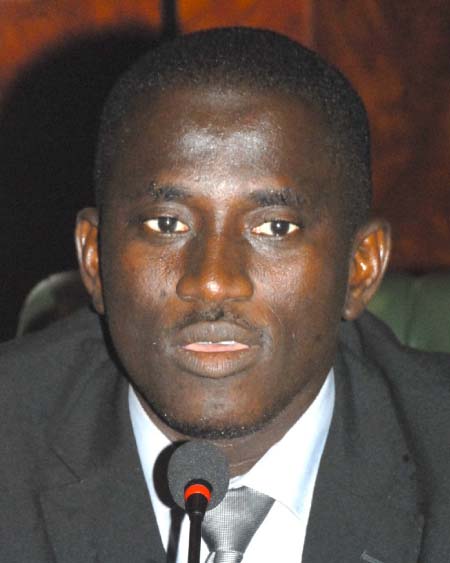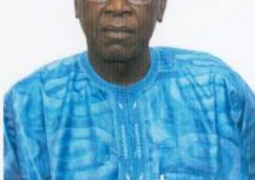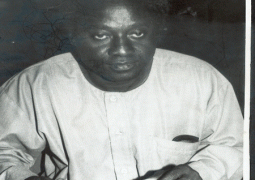
DPP SH Bakum asked Sabally why he did not allow Mariama Sillah to follow up with the SSHFC rather than through his intervention.
Sabally said he did allow her to follow it up with the SSHFC by limiting himself to introducing her to Mr Graham.
He said he communicated twice with the SSHFC on phone, the first one was when he called Mr Graham and the second was when the director of finance called him.
He further explained that the second call was to explain the process they (at the SSHFC) were going through and also to inform him that they had decided to cut the budget presented by Mariama Sillah.
When asked if he gave any input, he said he did not make any input; rather he advised them that there was no need to contact him on the matter, and that they should act as they deemed fit.
“You were commissioned as the Secretary General to attend the programme in South Africa: who paid for your expenses?” DPP asked.
“I was nominated by the President to attend the inauguration of Jacob Zuma and, as usual, the state paid for my expenses,” answered Sabally.
He added that he was not holding a specific position on that trip, but was part of the delegation, as the Vice President was the head of the delegation.
He also told the court, during cross-examination, that the inauguration was the main item he was instructed to attend in South Africa.
Sabally said apart from the main item on the programme, the other items were known not only to him but also to one Seedy Lette.
He said he further informed the Vice President’s team that he had extra assignments, but without giving details.
“Why did you not you confide with the head of the delegation,” asked DPP.
“When I had instructions from the President I could not disclose it, unless I had specific instruction from the President,” he said.
However, Justice Amadi overruled the question of the DPP.
“Why you did not put it to Musa Sinyan that you told him about your other commitments,” DPP further quizzed.
Sabally said he understood his role in the trial was to be quiet and observe, knowing very well that his lawyer would take care of his business.
DPP put it to him that when he was not allowed to enter the venue of the inauguration, he walked away without waiting on the VP to come out of the hall.
Defence counsel A.B. Gaye objected, saying his client was accused of delaying the VP and not attending the inauguration but not failing to wait on the VP.
Sabally said he did not walk away but stayed to convince them to let him in but after all efforts he was not allowed. So he then proceeded to carry on with his other assignments given to him by the President.
He said he did not see the VP that whole day, until they met in the plane.
He further said he did not delay the VP for 45 minutes, as said, and he did apologise to VP for arriving late.
He also said he was not sure if he mentioned it explicitly in his statement to the police, as it was not in the charge sheet.
Counsel Gaye objected when DPP put it to the accused that he never showed respect to the VP throughout the trip to South Africa, saying it was irrelevant to the charge sheet before the court and none of the witnesses mentioned such in court.
He said the question had no evidential value whatsoever.
It was calculated to create the impression that the accused was a disrespectful and disobedient civil servant, particularly to the VP, counsel said.
Justice Amadi ruled that the DPP should ask questions based on what was before the court.
The DPP applied to tender a document, which Sabally said he recognised and further said he wrote the document.
Counsel Gaye objected, saying he was supposed to be informed prior to tendering the document, adding that the document was irrelevant to the charge before the court.
The document came into existence after the case was filed, the counsel said, adding that the document has more of prejudicial value.
The matter would be ruled on at the next court sitting.
The case was adjourned to 9 July 2015.



